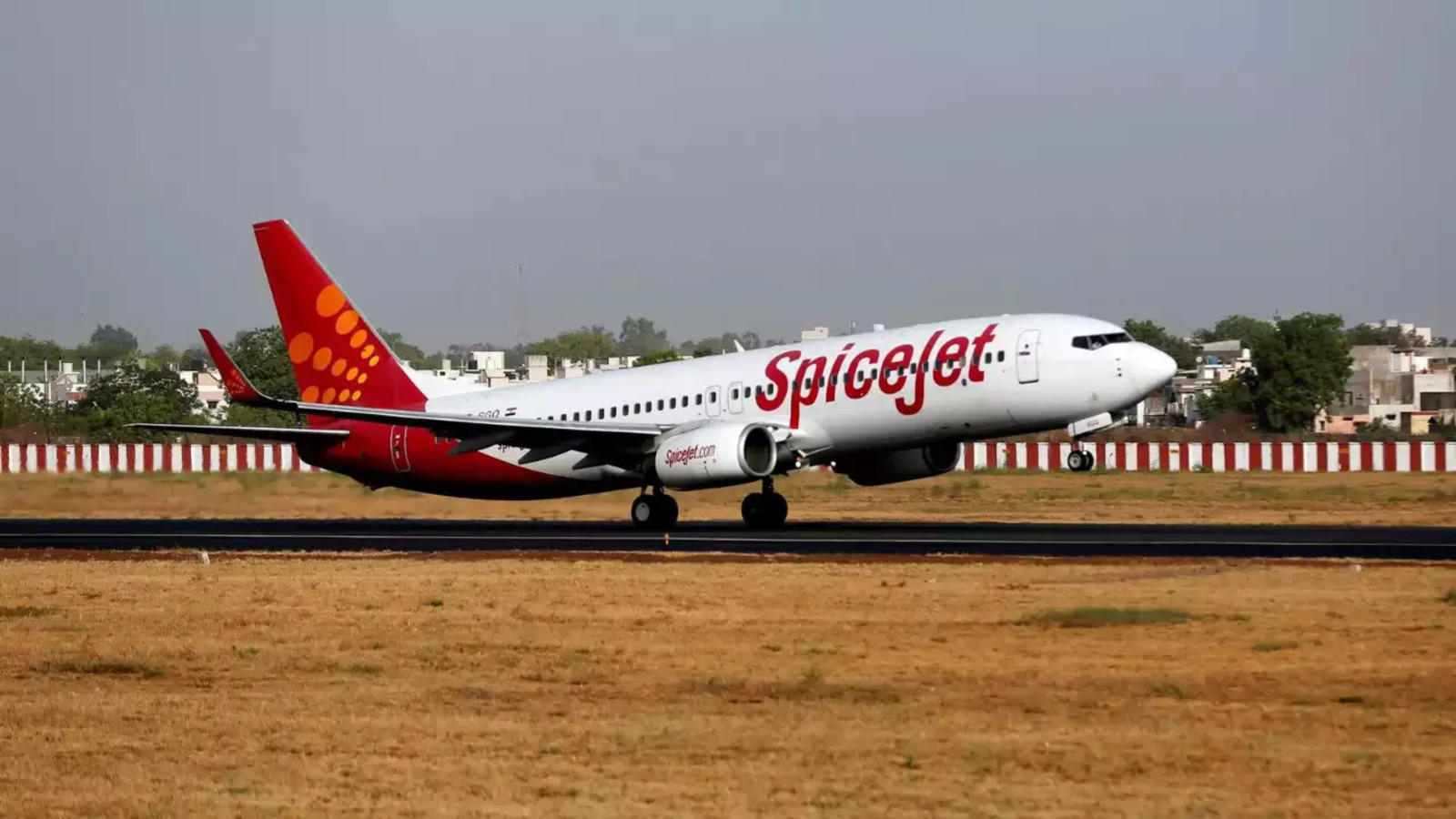
Introduction
The National Company Law Tribunal (NCLT) recently dismissed an insolvency petition filed against Indian budget airline SpiceJet by Willis Lease Finance Corporation (WLFC). This has implications for various stakeholders including investors, SpiceJet itself, other airlines, aircraft leasing companies, and more.
Analysis for Layman
The NCLT dismissed WLFC’s petition to declare SpiceJet insolvent over defaulted payments of $6.58 million for leased aircraft engines. WLFC argued it was an operational creditor of SpiceJet but the court said the law does not allow combining claims from multiple creditors. SpiceJet also issued a fresh demand notice which required a new petition.
Original Analysis
The dismissal provides immediate respite for SpiceJet after multiple recent challenges. It indicates the courts are not convinced of its insolvency currently. This enables SpiceJet to focus on its operational overhaul and fundraise efforts to pay off creditors. However, its financial stress remains a lurking risk which requires urgent solutions.
The order also reinforces the high bar set under Indian law for insolvency petitions especially for unique cases like combined claims. Lessors will have to be more judicious in using legal options and construct alternative repayment plans with SpiceJet.
Overall, the judgment signals the NCLT’s intent to promote out-of-court settlement before initiating insolvency, if possible. This approach gives airlines like SpiceJet more leeway but also pushes them to resolve their debt issues proactively.
Impact on Retail Investors
For retail investors in SpiceJet’s shares, the dismissal offers hope of stock recovery after plummeting ~57% in 2022. SpiceJet’s survival chances improve, at least temporarily. This allows investors to potentially wait-and-watch for successful fund infusions rather than exit investments abruptly at 52-week lows due to bankruptcy fears.
However, SpiceJet’s financial uncertainty persists making its shares still highly risky. Its overdue debt continues piling up while air traffic growth slows. Hence investors should be cautious, monitor quarterly results closely and avoid overexposure despite recent positivity. Protect capital via stop-losses and diversify across aviation stocks.
Impact on Industries
Multiple industries could be impacted:
Aviation
Other airlines like IndiGo and Air India may benefit from the absence of a SpiceJet collapse. This averts sudden spillover of SpiceJet’s domestic slots, routes or pilots to rivals. However, the sector’s long-term health remains challenged.
Aircraft Leasing
Lessors, especially those exposed to SpiceJet, face payment delays. But they benefit from SpiceJet’s continued operations allowing repayment negotiations compared to limited recovery under insolvency.
Tourism & Hospitality
These industries benefit from SpiceJet’s survival easing air capacity concerns for now and supporting passenger growth recovery post-COVID.
Long Term Benefits and Negatives
In the long run, if SpiceJet successfully raises ~$200 million working capital, restructures liabilities and returns to profitability, its recovery could stimulate aviation sector growth. This may attract new airline investments while supporting airport expansions, plane orders and related infrastructure projects.
However over the long term, the dismissal also means creditors will possibly end up taking deeper haircuts if SpiceJet is unable to repay eventually. Lessors may grow wary of overexposure to Indian airlines. Repeated regulatory rescues could also dampen market discipline.
Short Term Benefits and Negatives
In the near term, the dismissal offers lifeline allowing SpiceJet to immediately resume aircraft redeliveries to lessors, rationalize routes/flights and conserve cash. This provides breathing room to augment revenues and raise emergency funding.
But its earnings may remain strained for few quarters amid high oil prices and economic uncertainty. Creditors have to absorb higher provisions/write-downs on their accounts receivable in the interim causing profit declines. There are no guarantees SpiceJet will successfully recapitalize further testing stakeholder patience.
Companies that will Gain
Listed firms that may benefit include aircraft maintenance providers like Indamer Aviation and Wheels India, airport operators like GMR Airports and tourism firms Indian Hotels and Mahindra Holidays if SpiceJet recovery aids passenger and business travel sectors. Broader markets may also receive sentimental boost.
Companies that will Lose
Aircraft lessors like Avasa Group and airline services providers like Bird Worldwide Flight may remain at risk of payment delays from SpiceJet. Competing airlines like InterGlobe Aviation may face continued fare wars affecting margins if SpiceJet maintains aggressive pricing.
Additional Insights
The order underscores the preference for out-of-court settlements between lessees and creditors instead of jumping to initiate insolvency. A negotiated middle path that allows reasonable recoveries through SpiceJet’s survival seems prudent for stakeholders over more extreme options that could severely impair long-term viability of India’s airline industry.
Conclusion
While the dismissal offers SpiceJet temporary relief, sustained financial pressures mean its future remains uncertain requiring proactive monitoring by investors exposed across related stocks and sectors.
Citation:
ET Bureau. (2023, December 5). NCLT Junks Insolvency Plea Against SpiceJet. The Economic Times.